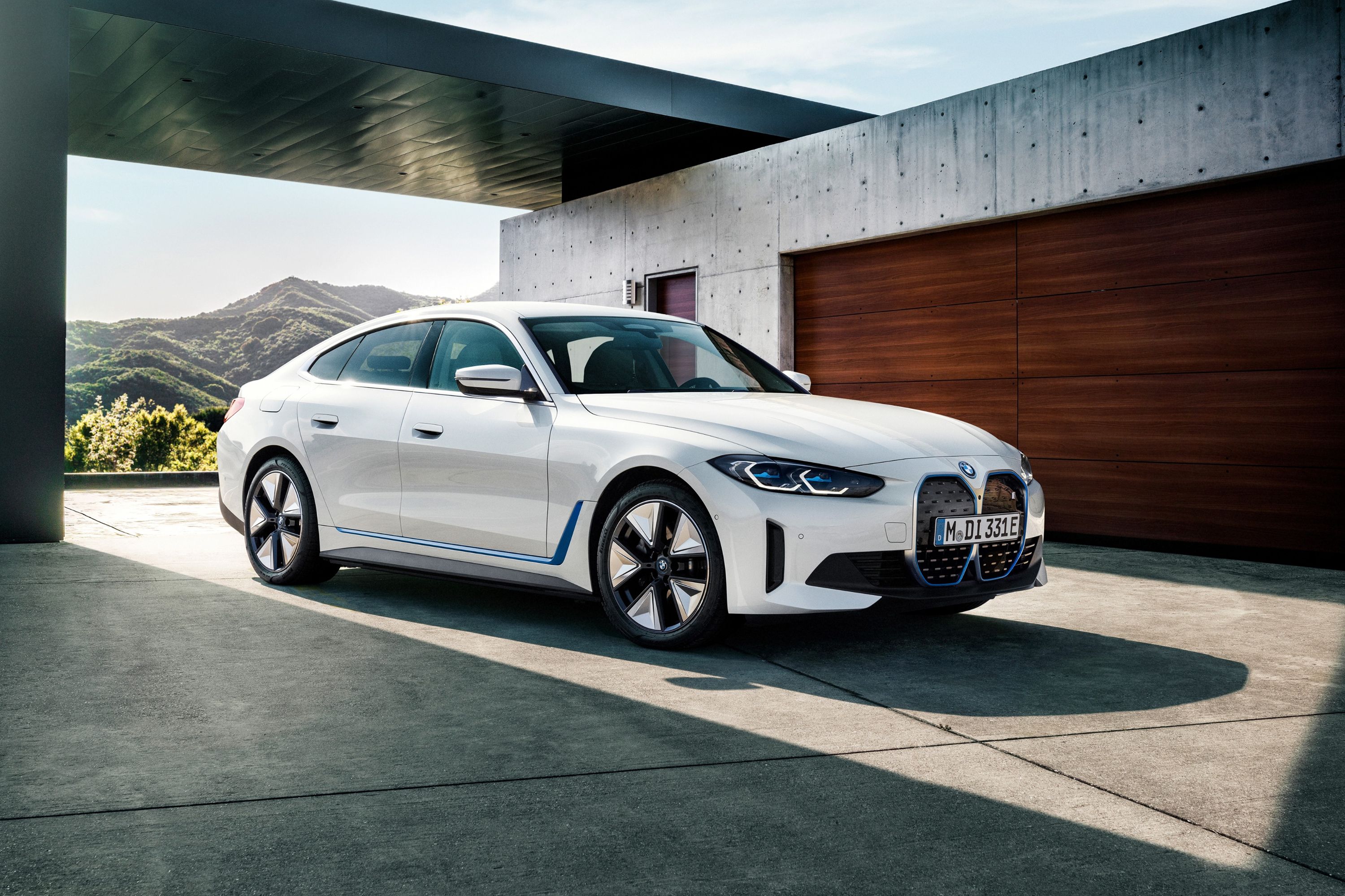
BMW has been working very hard on sustainability of late, developing new technology for electric vehicles, moving away from leather in favor of so-called vegan upholstery, and using recycled materials to garnish new models. The brand's Neue Klasse architecture is particularly important, as this will debut a whole new way of creating BMW EVs.
Among the improvements coming to the platform is the switch to cylindrical battery cells similar to Tesla's 4680 ones, which will be far more efficient than what is currently in use. But instead of using these to chase massive range figures, BMW wants to limit the driving range of all its EVs. "Gen6 batteries will give us 30% or more range than our current Gen5, but we won't go over 1,000 kilometers [621 miles] of range, even though we can," said BMW head of Efficient Dynamics, Thomas Albrecht, in an interview with Autocar.
Albrecht went on to say that BMW feels cars don't need more range than that, especially as charging times improve. In fact, the Gen6 batteries will be able to charge up to 30% quicker on DC fast chargers than their contemporary counterparts, meaning they will be able to support super-fast charging of around 270 kilowatts, roughly what the Porsche Taycan EV can manage.
In addition, these new batteries will weigh 10-20% less than the Gen5 batteries, which currently weigh around 660 pounds for a mid-level pack. Along with the new shape, the cylindrical cells (measuring 46 millimeters in diameter and either 95 or 120 mm in height) also use unique chemistry with more nickel and less cobalt.
The batteries will be supplied by Chinese firms CATL and EV and will arrive in a new battery pack design that is thinner and more versatile. The battery pack will essentially become a structural element in the new platform.
BMW's head of battery cell development, Marie-Therese von Srbik, says, "With this next generation of battery, we will be much more flexible with how we integrate the cell. The whole vehicle is becoming more adaptive towards that."
As for how long the new cells would last, BMW's experts would not give an exact figure, but Albrecht did note that legislation is coming to further guarantee battery life. In the US, batteries will be required to offer 80% performance after 10 years, and BMW is already "performing better than that."
BMW expects that these improvements to battery design will even result in a 50% drop in production costs, which is especially notable since 40% of an EV's total cost is currently made up by the battery itself. Following on from the sustainability theme we touched on at the outset, BMW is also working to make batteries more recyclable, as von Srbik explained:
"We're still aiming for a cyclical life with the metals in our batteries. We've even managed to achieve our first closed loop with one of our manufacturers in China. But overall, it's a very long loop. Batteries have a long life, and you have to think about a whole new industry in the meantime, but we can eventually get to a point where most if not all of the precious metals in our batteries can be from recycled sources." BMW is also looking at lithium iron phosphate batteries for lower-range vehicles.
The first Neue Klasse EVs will debut in 2025, likely bringing with them an enhanced version of the current BMW i4.




